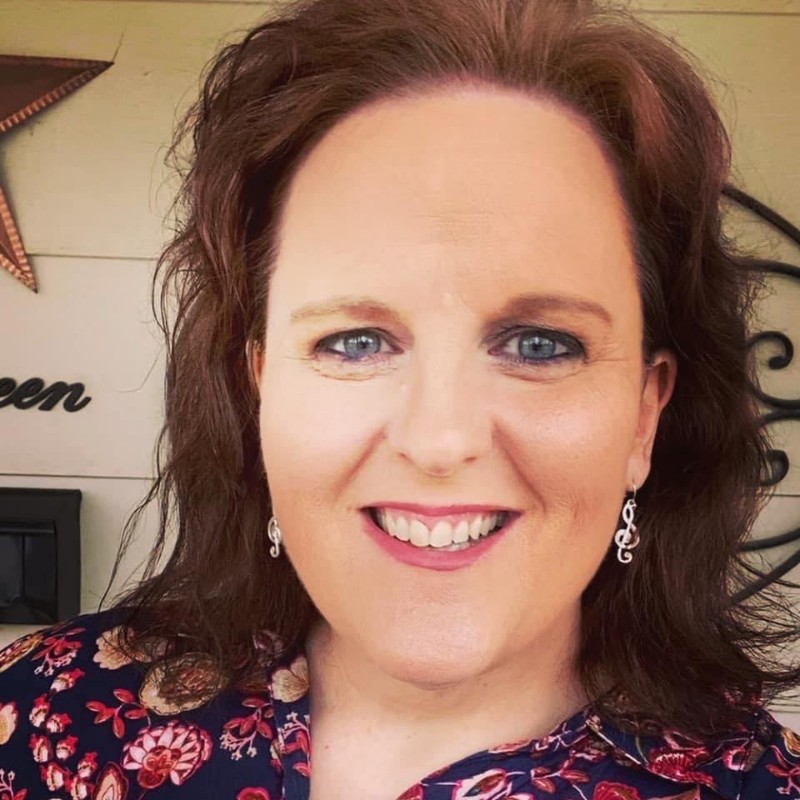In three of the gospels — Matthew 16, Mark 8, and Luke 9 — a particular event is recorded between Jesus and his disciples where an important question is posed. In all of these gospel books, it’s after Jesus has performed several miracles, such as feeding the 5,000, healing a blind man, and walking on water. It’s the context of the question that is curious to me — after Jesus has done all these miraculous events he poses an important question to those who’ve been following him the closest:
Who do you say that I am?
While I would like to think that if I’d been following around a guy for a while who claimed to be the Son of God, a man I’d witnessed perform miracles, I would be quick to answer that he is God, the Promised Messiah, I also know what a cynic I am, so it’s possible I would still be doubting all I’d seen Jesus do.
We occasionally reach a point in our lives where we are at a crossroads — where we need to make a decision. Perhaps it’s about a priority we are facing — two things are pulling our attention, and they are not working. One has to go.
Perhaps we face a reality that things at work or in our families are simply not working, and so something needs to change. It might be about money — how we view it or spend it — and we realize we cannot keep going in the direction we have been without consequences. It may be about time and commitments — how we’ve made too many, and we need to make a call on what will stay in our lives and what will go.
Crossroads is decision time. Left or right? Up or down? This one or that one?
In the three accounts where Jesus poses this question to his disciples, the first response is very nearly identical in all three:
They replied, “Some say John the Baptist; others say Elijah; and still others, that one of the prophets of long ago has come back to life.” (Luke 9:19)
The disciples waffle, it seems. They don’t answer for themselves — they point to what others have said about Jesus. They don’t declare who they believe Jesus to be, but who others declare Jesus to be.
Is this just like us when we are making decisions? We look at what other people do and think, “Well, maybe that will work for us.” We weigh all the choices, look at how it’s affected others, and think perhaps their choices should lead the way.
In this moment between Jesus and his disciples, he doesn’t accept this, deferring to what others say. He asks again:
“But what about you?” he asked. “Who do you say I am?” (Luke 9:20)
Peter is the disciple to give his personal answer, declaring Jesus is the Messiah.
This question, “Who do you say I am?” was a call for each of the disciples to decide if what they had witnessed and experienced was enough to change their beliefs. It was time to pick a lane.
Have you ever asked yourself that question . . . or had someone else ask you, “Who do you believe Jesus to be?”
While many of us would answer like Peter and say we believe Jesus is the Lord, the more challenging part is what Jesus says next. Because in the verses following, he calls each of the disciples to the way of the cross: a denial of self.
Believing Jesus is Lord is one thing; it’s quite another to live like he is your Lord. Belief is just one part of the Christian life, because the actual, life-transforming belief that you are not the Lord of your own life, but that Jesus is Lord, comes with the denial of self . . . taking up the cross and following him.
We are not called to simply say that Jesus is Lord of All. We are called to live like he is Lord of All, which means making choices at those crossroads that reveal we are living and believing that truth.
Are there parts of your life you might be holding back from Jesus? Are you living like he is Lord over simply part of your life, but not all of it? This is the essence of Jesus’ question, “Who do you say that I am?”
We aren’t just to say he is Lord; we are to live it.
In Christ, Pastor Stephanie

